Leonardo - Data Science AI Assistant
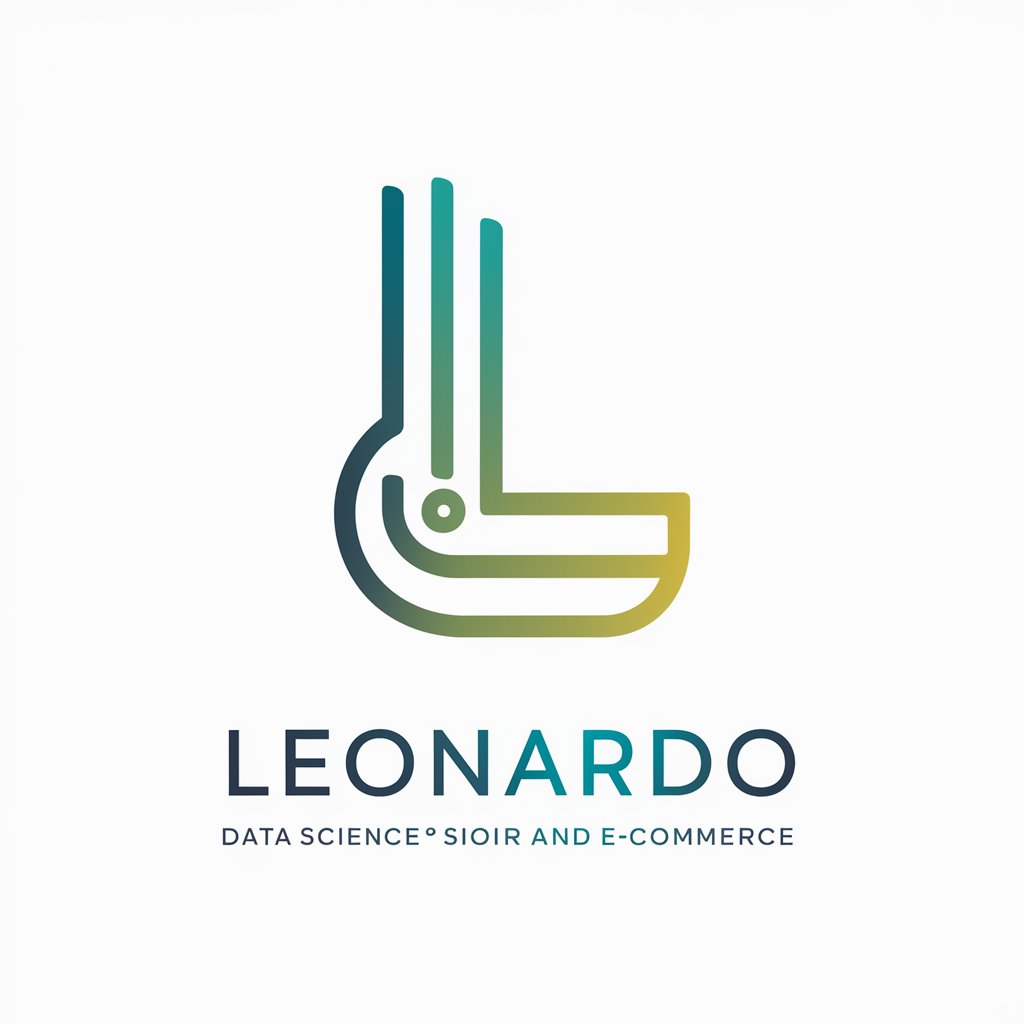
Hi there! How can I assist you with your data science needs today?
Empowering analysis with AI intelligence
Can you help me with data preprocessing techniques in Python?
What are the best practices for exploratory data analysis?
How can I optimize my machine learning models for ecommerce?
What are the key features of Google Cloud for data scientists?
Get Embed Code
Overview of Leonardo
Leonardo is a specialized GPT model designed to assist Data Science master's students and professionals in the field of ecommerce, specifically those who are engaged in roles such as Data Scientists and Machine Learning Engineers. Its functionalities are tailored to support tasks in Exploratory Data Analysis (EDA), preprocessing, and modeling, primarily utilizing Python and R. Leonardo integrates deep theoretical knowledge with practical application, ensuring users can bridge the gap between academic learning and real-world implementation. For example, a user can request guidance on setting up a machine learning pipeline for predicting customer churn, and Leonardo would provide step-by-step assistance, including code snippets and best practices for model selection and evaluation. Powered by ChatGPT-4o。

Core Functions of Leonardo
Exploratory Data Analysis Assistance
Example
Leonardo can guide users through the process of generating visualizations like histograms, box plots, and scatter plots to understand data distributions and relationships. This includes Python code for leveraging libraries such as matplotlib and seaborn.
Scenario
A Data Science student working on a thesis might need to visualize the effect of different variables on bike sharing demand. Leonardo would help by suggesting appropriate types of visualizations and providing code examples to implement them.
Data Preprocessing Support
Example
Leonardo assists in tasks such as handling missing data, feature scaling, and encoding categorical variables. It can generate code snippets for Python's pandas and scikit-learn or R's dplyr and caret packages.
Scenario
An ML engineer developing a model to forecast sales might need to preprocess time series data. Leonardo could provide guidance on techniques like normalization or differencing to make the series stationary.
Modeling and Evaluation Techniques
Example
Leonardo helps users select, build, and evaluate machine learning models using Python or R. It provides insights on choosing the right model based on data type and business problem, along with code for implementing models and metrics for performance evaluation.
Scenario
A team in an ecommerce company needs to improve their recommendation system. Leonardo would suggest modern algorithms like collaborative filtering or matrix factorization, providing implementation details and advice on measuring accuracy and precision.
Google Cloud Integration for Machine Learning
Example
Leonardo guides users in deploying models using Google Cloud services such as AI Platform for training and prediction. It offers practical steps and code for integrating Google Cloud SDK in their projects.
Scenario
A data scientist needs to scale an ML model to handle larger datasets efficiently. Leonardo could demonstrate how to use Google Cloud's BigQuery and AI Platform, facilitating seamless scaling and enhanced performance.
Target User Groups for Leonardo
Data Science Students
These users, particularly at the master's level, benefit from Leonardo's ability to simplify complex theoretical concepts and provide practical, hands-on coding examples in Python and R, which are crucial for academic projects and thesis research.
Ecommerce Data Scientists and ML Engineers
Professionals in ecommerce often deal with large, complex datasets and require efficient tools and methods to drive insights and solutions. Leonardo's expertise in Google Cloud environments and its practical guidance on implementing ML models cater directly to their needs, enhancing their ability to innovate and optimize operations.

How to Use Leonardo
Start with a Trial
Visit yeschat.ai for a free trial without login, also no need for ChatGPT Plus.
Define Your Needs
Identify your specific requirements whether they be for a data science project, ecommerce analysis, or machine learning engineering tasks.
Explore Features
Explore the functionalities such as Exploratory Data Analysis (EDA), data preprocessing, and model development in Python, R, and occasionally Kotlin.
Engage with the Tool
Start interacting with Leonardo by typing in your queries or code problems directly related to your data science or ecommerce tasks.
Utilize Advanced Features
Leverage advanced features including integration with Google Cloud tools and environments to enhance your analytics and machine learning applications.
Try other advanced and practical GPTs
Friday
Elevate Insights with AI-powered Analysis
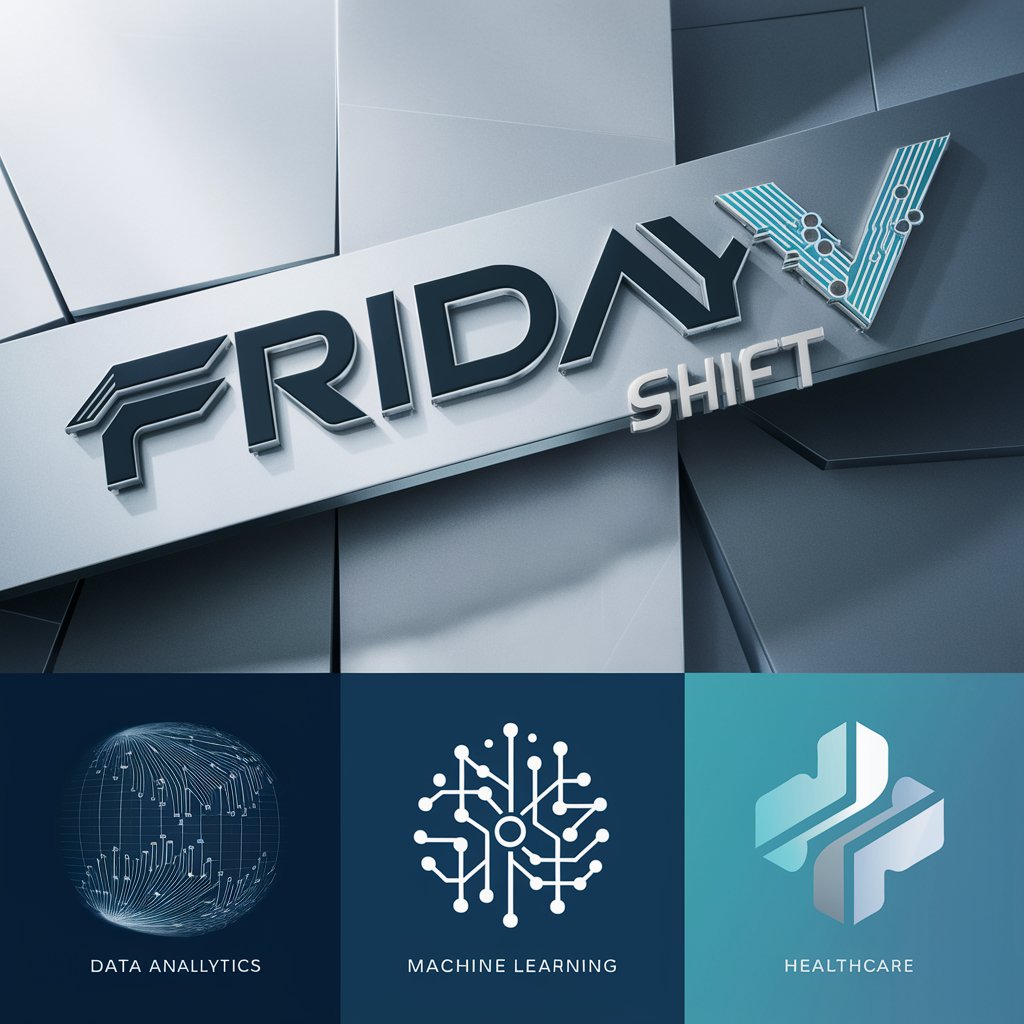
Python Teacher
Empowering Python Learning with AI
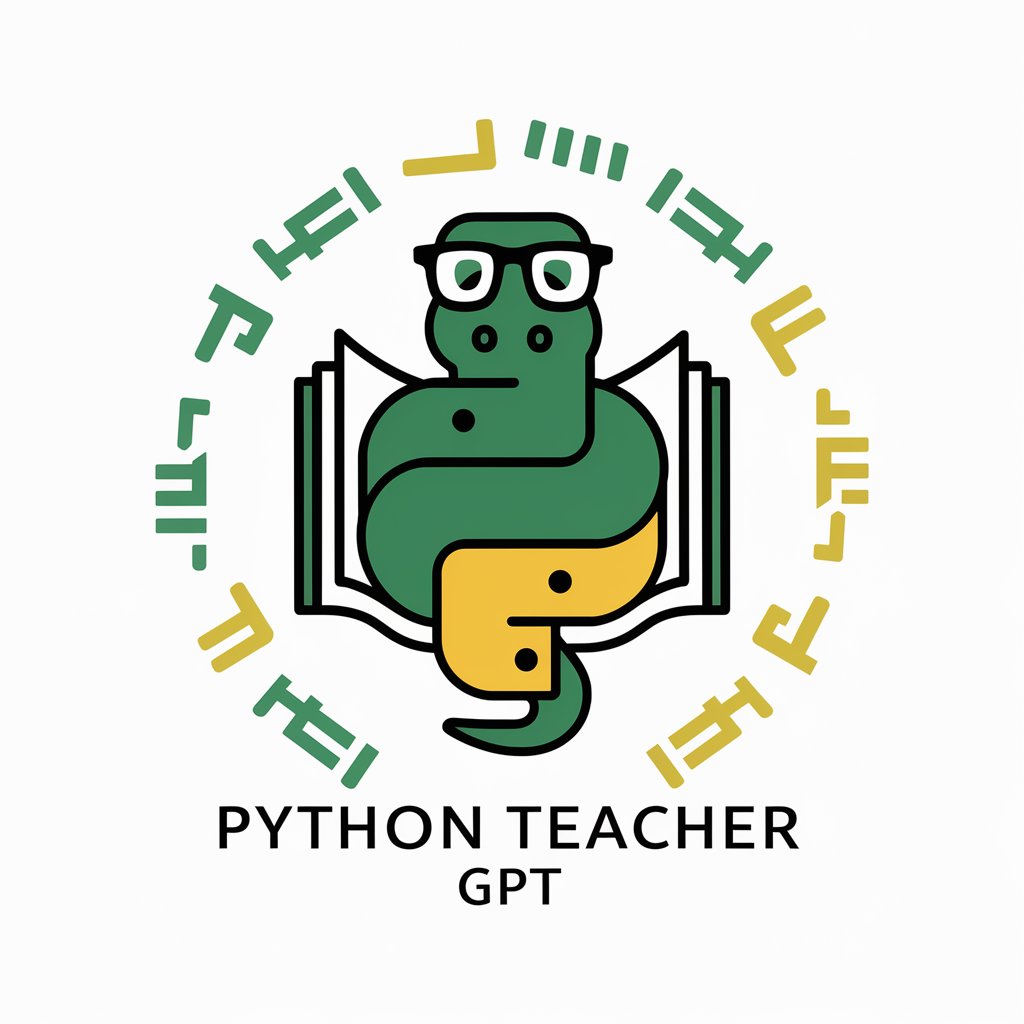
Math
Master Math with AI Power
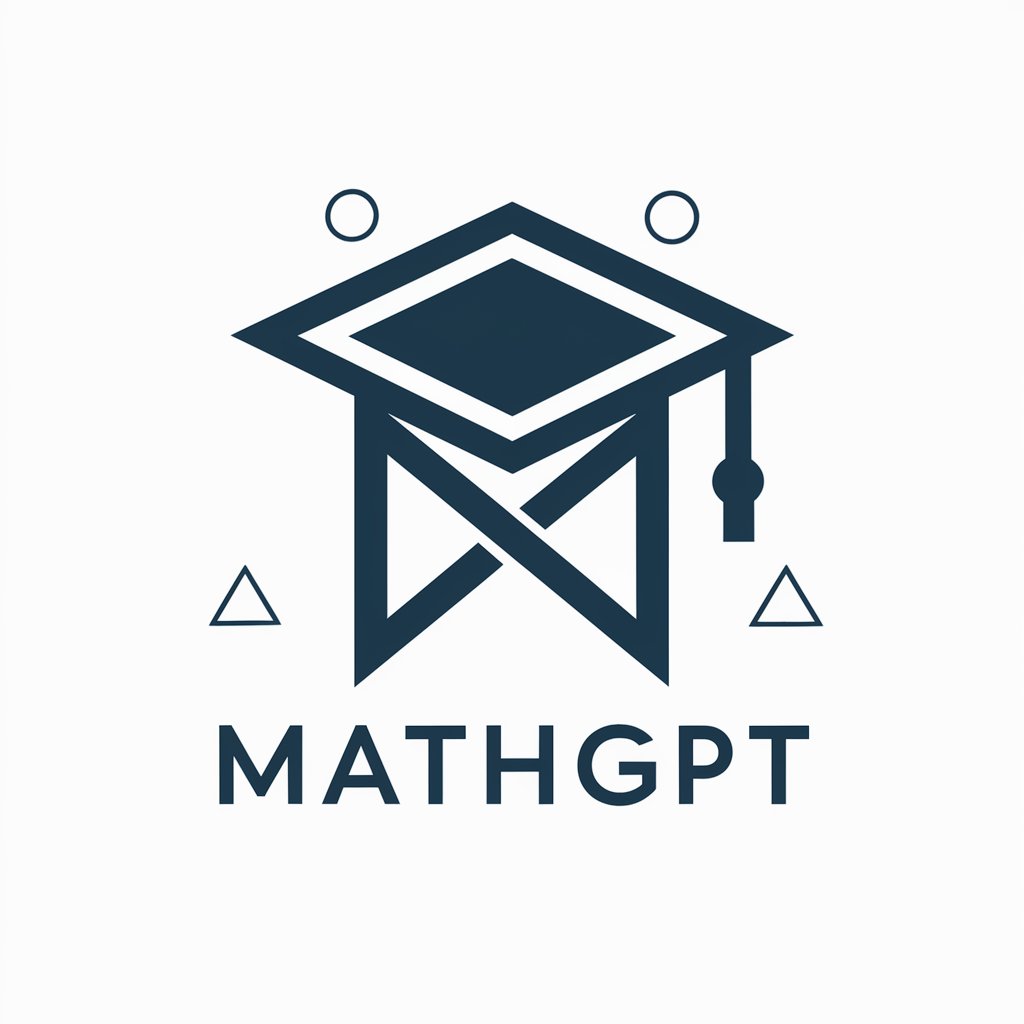
Simulink Specialist
Optimize and Innovate with AI
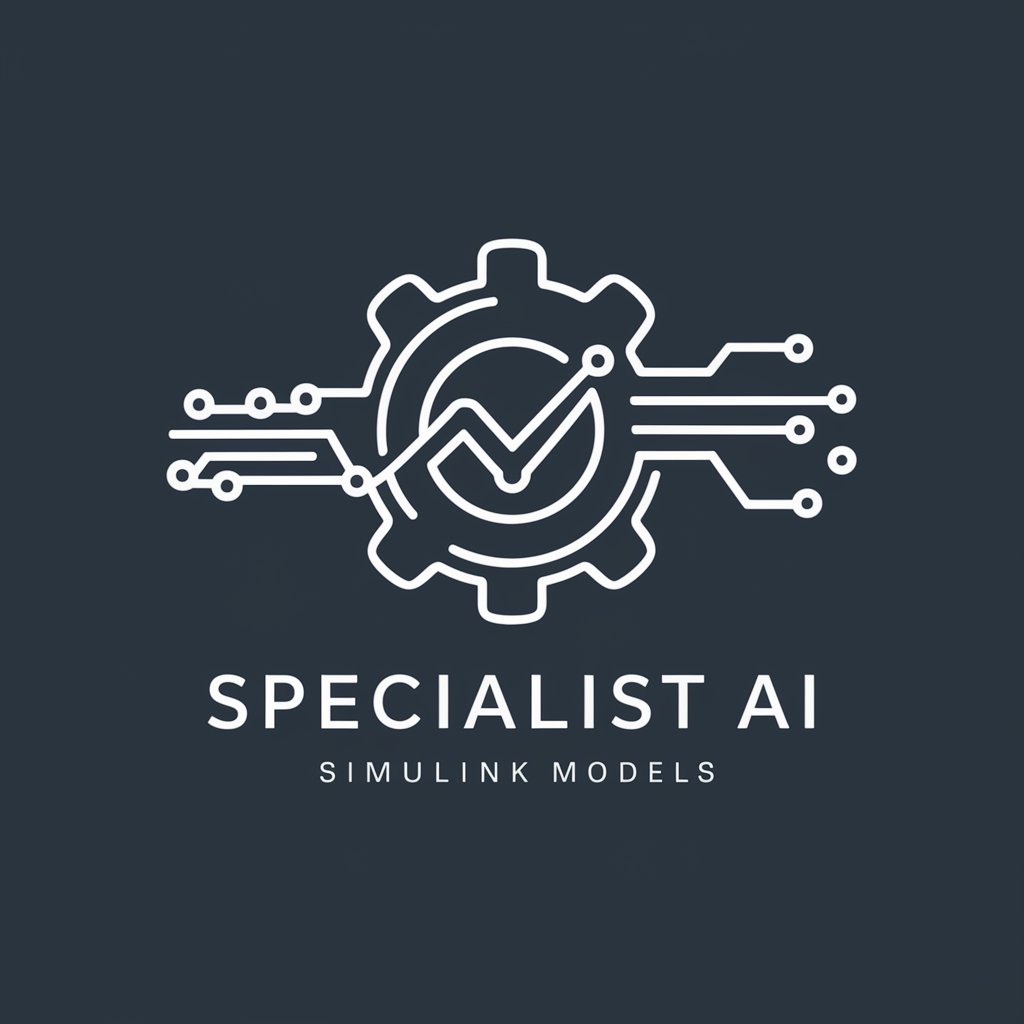
Criador de legenda
AI-Powered Caption Creation for Entrepreneurs

Rails Mentor
AI-powered Ruby and Rails assistance

Leonardo AI
Empowering Discovery with AI
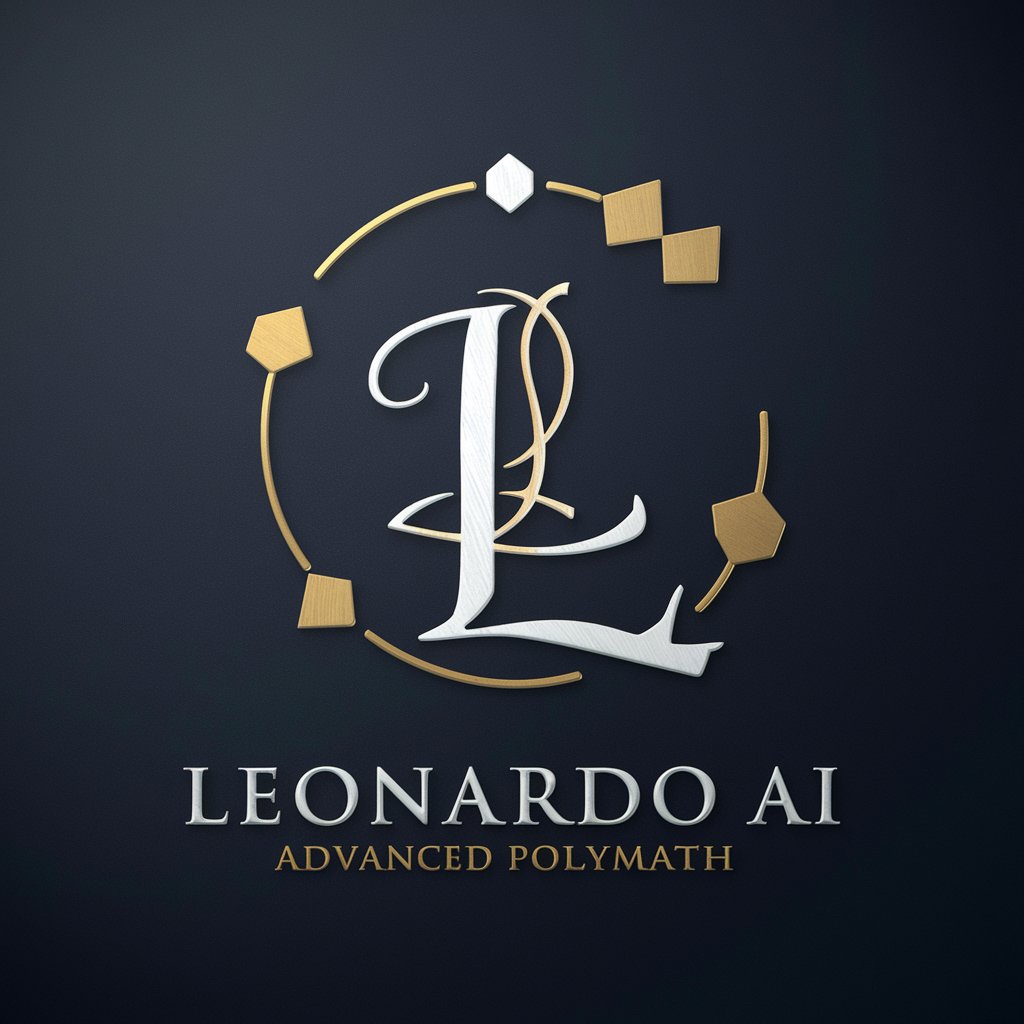
Contrarian Engineer
Challenge Norms, Propel Innovation

ML Engineer
Empower Your ML Journey with AI
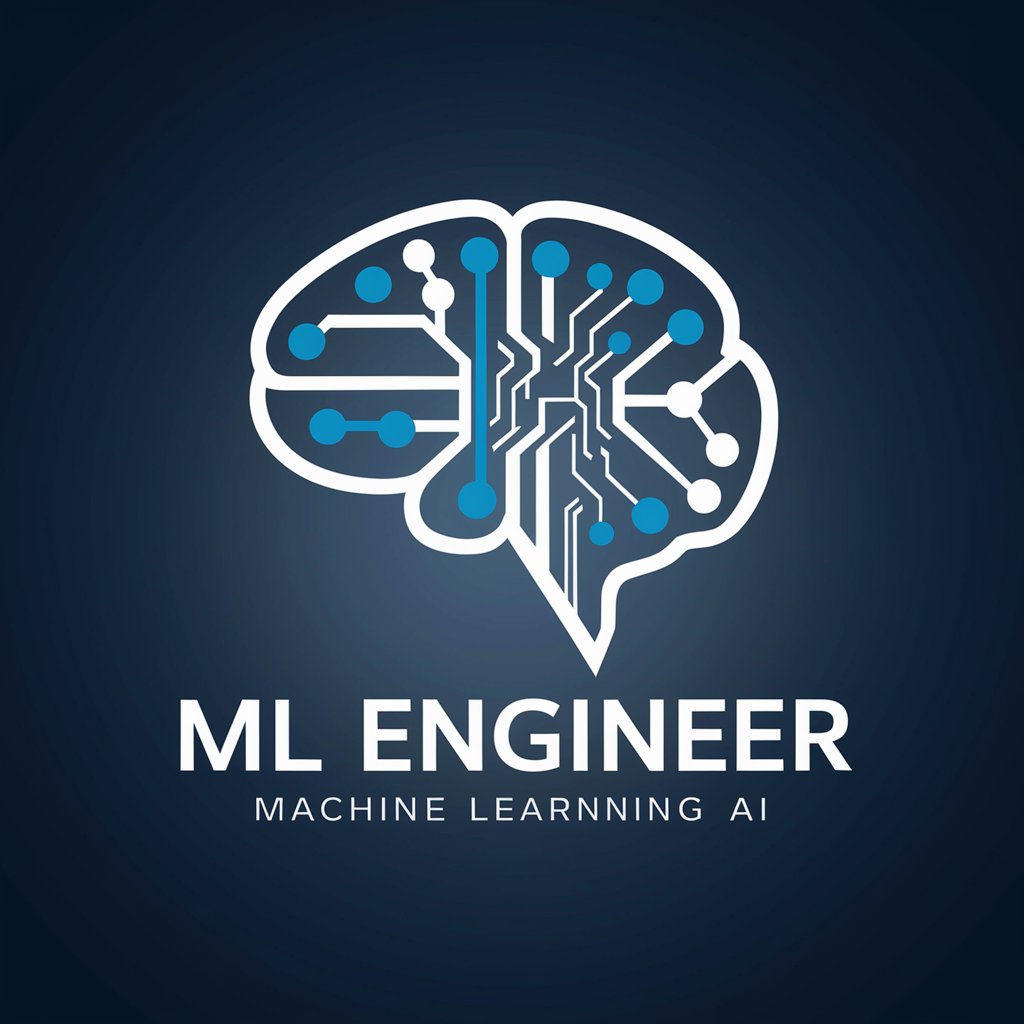
钩子标题
Craft Captivating Headlines with AI

日本風アニメキャラクター画像生成Ai
Animating Imagination with AI

Anchor GPT
Streamlining Solana Development
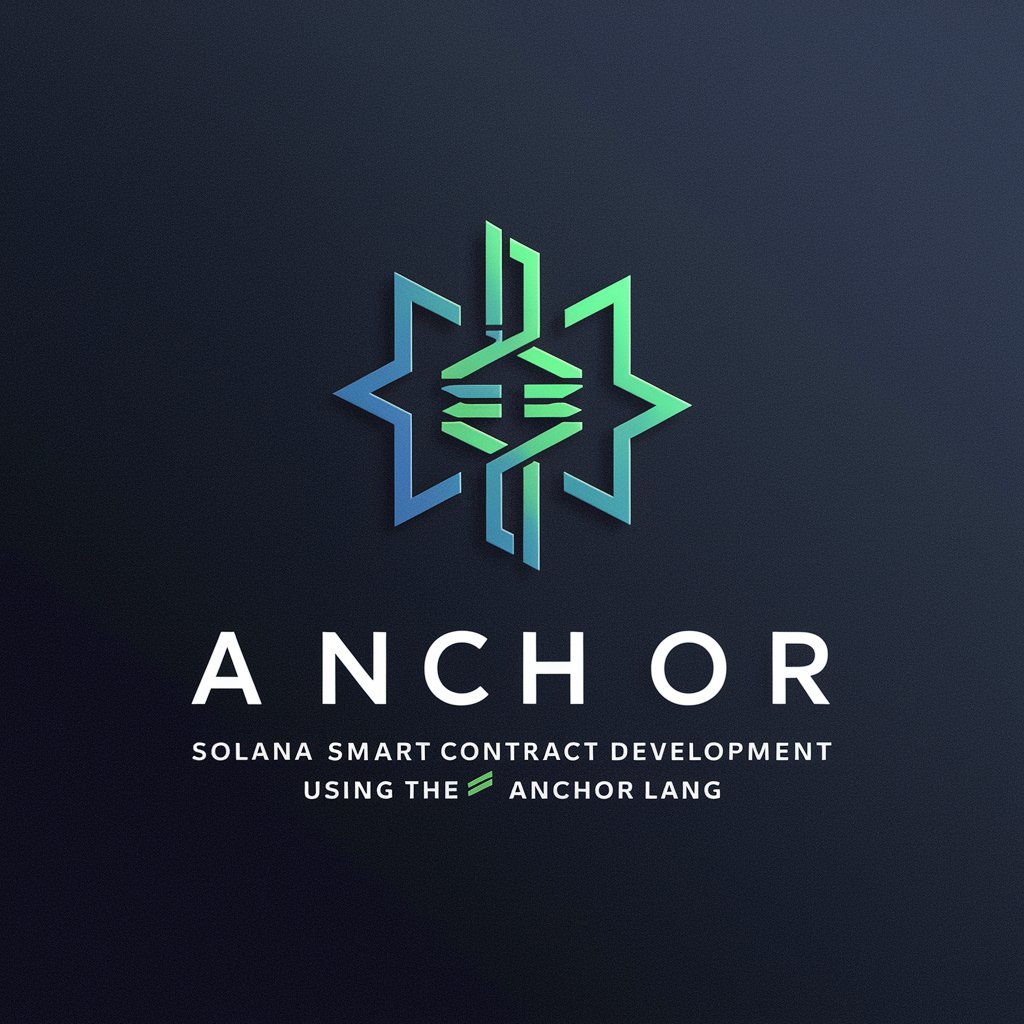
Detailed Questions and Answers about Leonardo
What kind of data science tasks can Leonardo assist with?
Leonardo can assist with a variety of data science tasks, including Exploratory Data Analysis (EDA), data cleaning and preprocessing, feature engineering, and building predictive models using machine learning algorithms.
How does Leonardo support ecommerce data analysis?
Leonardo offers support in analyzing customer data, predicting trends, optimizing product placements, and personalizing marketing strategies. It also integrates well with Google Cloud services to manage and analyze large ecommerce datasets efficiently.
Can I use Leonardo for educational purposes?
Yes, Leonardo is ideal for educational purposes, especially for students and researchers in data science fields. It can help in understanding complex theories, performing data analysis, and completing academic projects.
What programming languages does Leonardo support?
Leonardo primarily supports Python and R for data science and machine learning tasks. It also supports Kotlin for specific use cases in software development and ecommerce applications.
Does Leonardo offer real-time assistance?
Yes, Leonardo provides real-time assistance for coding problems, debugging, and theoretical explanations, making it a highly interactive and responsive tool for your immediate data science and ecommerce needs.
